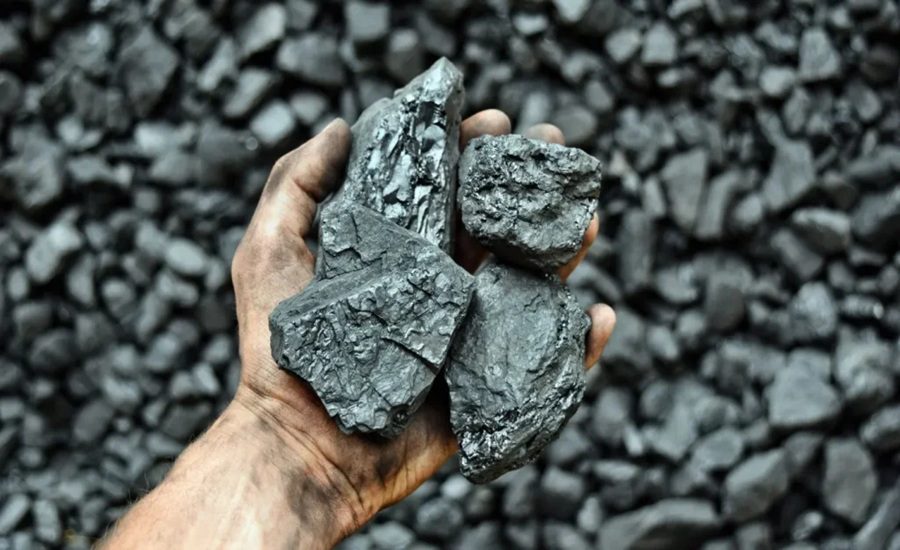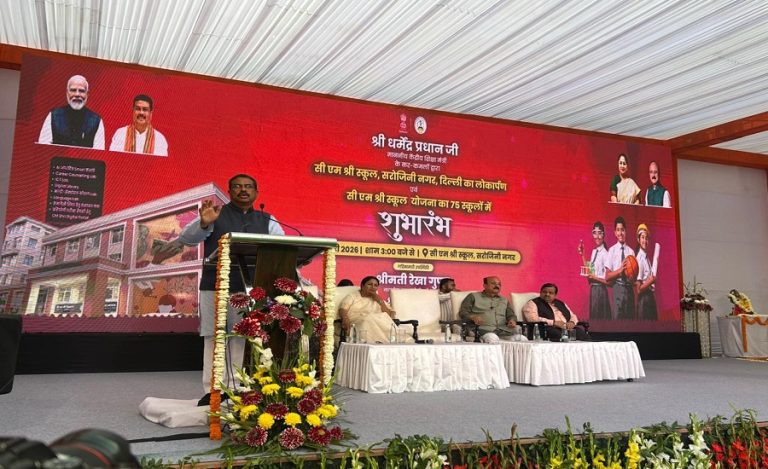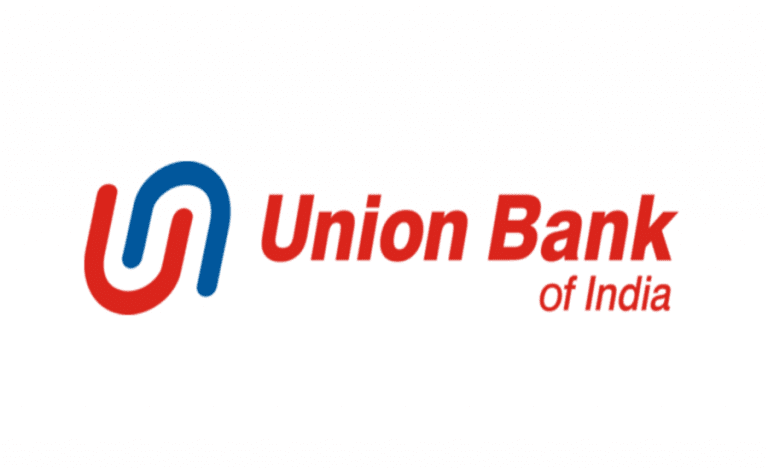New Delhi: The Union Cabinet chaired by Prime Minister Narendra Modi has approved a ₹1,500 crore Incentive Scheme to promote recycling of critical minerals. The scheme, part of the National Critical Mineral Mission (NCMM), will strengthen domestic capacity and build supply chain resilience.
Recycling for Supply Chain Sustainability
The government noted that developing the critical mineral value chain through exploration, auctions, and mine operations takes time. Recycling from secondary sources such as e-waste and battery waste provides a faster way to ensure near-term sustainability.
The scheme will support the separation and production of critical minerals from such sources, reducing India’s dependence on imports and securing resources for industry.
Scheme Details and Tenure
The Incentive Scheme will run for six years, from FY 2025-26 to FY 2030-31. Eligible feedstock includes e-waste, lithium-ion battery scrap, and other materials such as catalytic converters from end-of-life vehicles.
Beneficiaries will include large established recyclers and new entrants, including startups. One-third of the total outlay has been earmarked for smaller players. Investments in new units, as well as capacity expansion or modernization of existing ones, will be supported.
Incentives for Capex and Opex
The scheme provides a 20% Capex subsidy on plant, machinery, and equipment for units starting production within specified timelines. Delayed units will receive reduced subsidy.
Additionally, an Opex subsidy will incentivize incremental sales over the base year FY 2025-26. Beneficiaries can claim 40% of eligible subsidy in the second year and 60% in the fifth year, between FY 2026-27 and FY 2030-31.
To widen participation, the total subsidy per entity is capped at ₹50 crore for large firms and ₹25 crore for small entities. Within this, Opex subsidy is capped at ₹10 crore and ₹5 crore, respectively.
Expected Outcomes
The scheme is projected to develop 270 kilotonnes of annual recycling capacity, producing about 40 kilotonnes of critical minerals. It is also expected to attract ₹8,000 crore in investments and generate nearly 70,000 jobs.
Officials highlighted that several industry consultations and seminars were held before finalizing the scheme, ensuring broad stakeholder involvement.




























